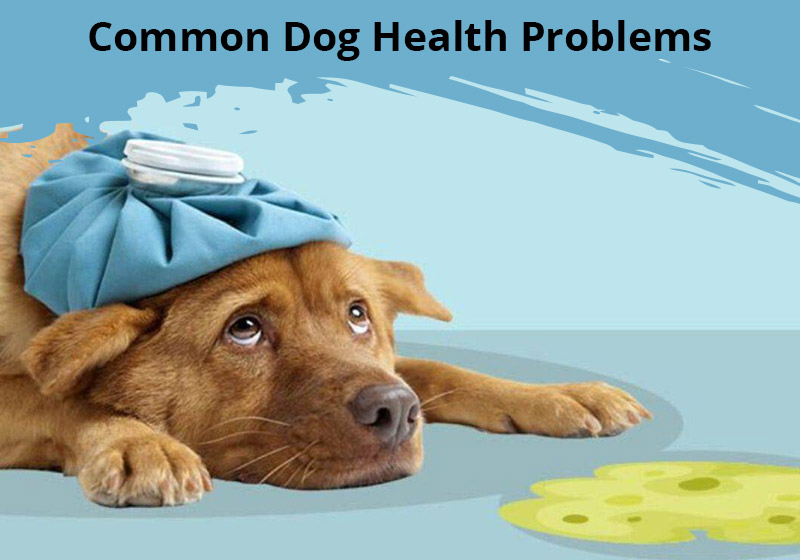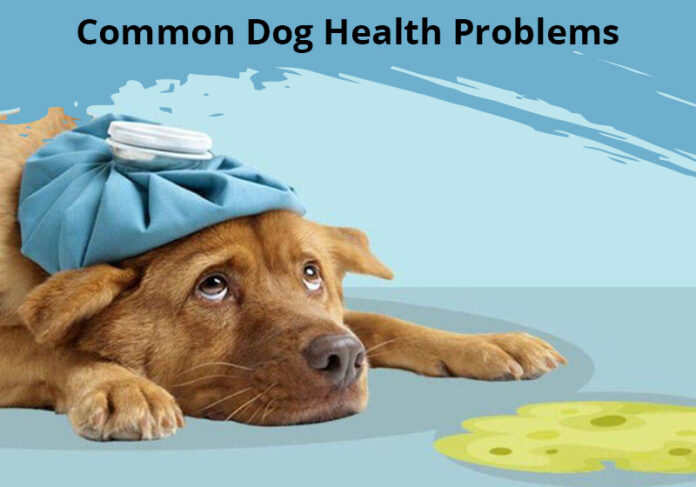
Introduction
Pets are cherished members of our families, and their health is a top priority for any responsible pet owner. While pets can lead long, healthy lives, they are susceptible to various health issues. Understanding these common problems and knowing how to prevent them can ensure your furry friend stays happy and healthy. Here’s a guide to the top 10 common pet health issues and practical steps to prevent them.
1. Obesity
Overview
Obesity is a growing concern among pets, particularly in cats and dogs. It can lead to a range of health problems, including diabetes, heart disease, and joint issues.
Prevention Tips
- Portion Control: Follow your veterinarian’s guidelines for portion sizes.
- Regular Exercise: Incorporate daily walks, playtime, and interactive toys.
- Healthy Diet: Choose high-quality pet food with the right balance of nutrients.
2. Fleas and Ticks
Overview
Fleas and ticks are common parasites that can cause severe discomfort and transmit diseases such as Lyme disease and flea allergy dermatitis.
Prevention Tips
- Regular Check-ups: Inspect your pet regularly for fleas and ticks.
- Preventative Treatments: Use vet-recommended flea and tick prevention products.
- Clean Environment: Keep your home and yard clean and free of parasites.
3. Dental Disease
Overview
Dental disease affects many pets, causing bad breath, gum inflammation, and tooth loss. It can also lead to more serious health issues if untreated.
Prevention Tips
- Brushing: Brush your pet’s teeth regularly with pet-safe toothpaste.
- Dental Chews: Provide dental chews or toys to help reduce plaque buildup.
- Professional Cleanings: Schedule regular veterinary dental check-ups.
4. Ear Infections
Overview
Ear infections are common in pets, especially in dogs with floppy ears. Symptoms include scratching at the ears, shaking the head, and unpleasant odor.
Prevention Tips
- Ear Cleaning: Clean your pet’s ears regularly with a vet-approved ear cleaner.
- Dry Ears: Ensure ears are dry after swimming or bathing.
- Regular Check-ups: Have your veterinarian examine your pet’s ears during routine visits.
5. Allergies
Overview
Pets can suffer from allergies to food, environmental factors, or insects. Allergies can cause itching, skin rashes, and gastrointestinal issues.
Prevention Tips
- Identify Triggers: Work with your vet to determine potential allergens.
- Hypoallergenic Diet: Consider a hypoallergenic diet if food allergies are suspected.
- Allergy Medications: Use vet-prescribed allergy medications if needed.
6. Arthritis
Overview
Arthritis is a common condition in older pets, causing joint pain and stiffness. It affects their mobility and quality of life.
Prevention Tips
- Maintain Healthy Weight: Avoid obesity to reduce stress on joints.
- Joint Supplements: Consider joint supplements recommended by your vet.
- Comfortable Bedding: Provide soft bedding to ease joint pain.
7. Heartworm Disease
Overview
Heartworm disease is a serious condition caused by parasitic worms transmitted by mosquitoes. It can lead to heart and lung problems.
Prevention Tips
- Monthly Preventatives: Administer monthly heartworm prevention medications.
- Regular Testing: Have your pet tested for heartworms annually.
- Avoid Mosquitoes: Keep pets indoors during peak mosquito activity.
8. Gastrointestinal Issues
Overview
Gastrointestinal problems, such as vomiting and diarrhea, are common in pets and can be caused by various factors, including diet and infections.
Prevention Tips
- Quality Diet: Feed your pet a balanced, high-quality diet.
- Avoid Table Scraps: Do not feed your pet human food or table scraps.
- Hydration: Ensure your pet has access to fresh water at all times.
9. Urinary Tract Infections (UTIs)
Overview
UTIs can occur in pets, leading to symptoms like frequent urination, pain, and blood in the urine.
Prevention Tips
- Adequate Hydration: Encourage your pet to drink plenty of water.
- Regular Bathroom Breaks: Ensure your pet has regular opportunities to urinate.
- Vet Visits: Schedule regular veterinary check-ups to monitor urinary health.
10. Cancer
Overview
Cancer is a serious health issue that can affect pets of any age. Early detection is crucial for successful treatment.
Prevention Tips
- Regular Vet Visits: Schedule regular health check-ups and screenings.
- Healthy Lifestyle: Maintain a healthy diet and weight for your pet.
- Monitor Changes: Be vigilant about any unusual lumps or changes in behavior.
Conclusion
Preventing common pet health issues involves a combination of regular veterinary care, a balanced diet, and proactive measures. By staying informed and attentive, you can help ensure your pet leads a long, healthy, and happy life. Remember, when in doubt, always consult your veterinarian for personalized advice and treatment options.




